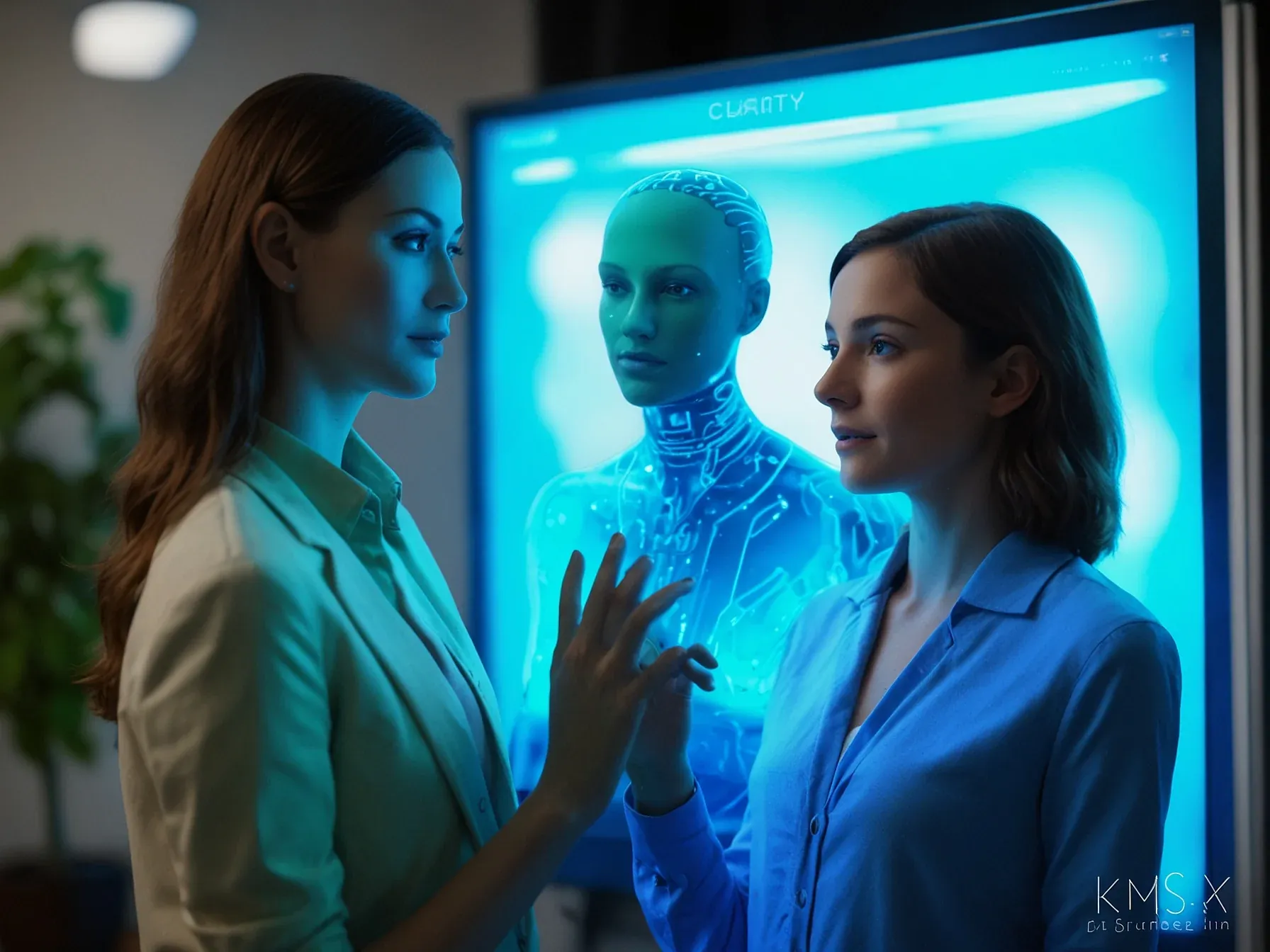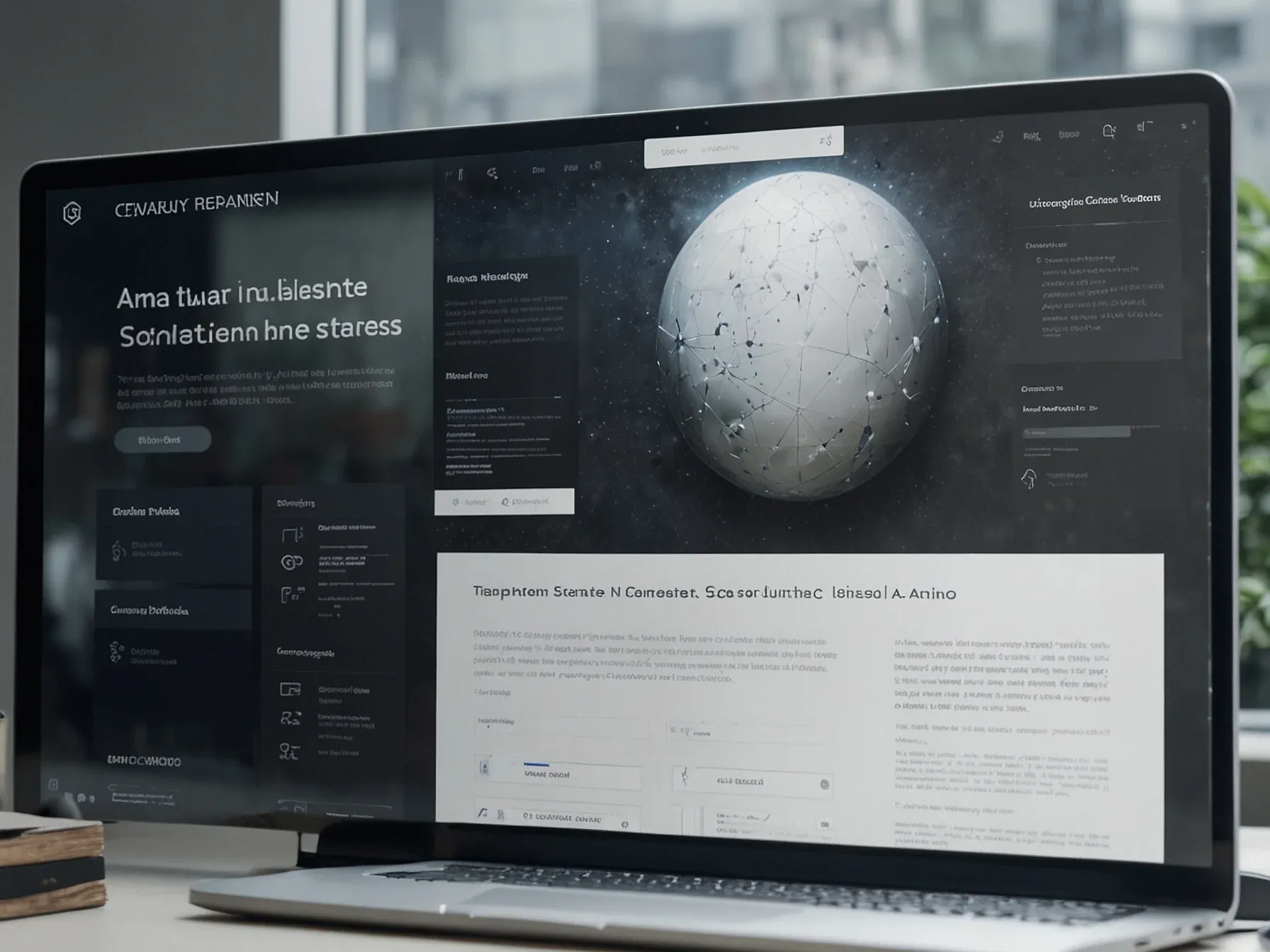
Editorial illustration for Surveys Reveal 60% of Singles Consider AI Relationships Infidelity
AI Romance Sparks Relationship Fidelity Debate Among Singles
60% of singles label AI relationships as cheating, sparking divorce concerns
The digital romance landscape is shifting dramatically, with artificial intelligence blurring traditional relationship boundaries. Emerging research suggests a seismic cultural tension around what constitutes emotional intimacy in the age of generative AI.
New surveys are exposing deep societal fractures about human-AI interactions. Relationship experts and singles alike are grappling with unusual questions about emotional fidelity when technology enables deeply personalized digital connections.
The findings reveal a stark generational divide in how romantic boundaries are perceived. While some view AI interactions as harmless digital entertainment, others see them as a profound breach of relationship trust.
These aren't just academic debates. The research signals real-world relationship consequences, with potential implications for divorce proceedings and interpersonal dynamics. As AI becomes more sophisticated, the lines between virtual and real emotional engagement continue to blur.
Researchers are now asking: When does an AI conversation cross from casual interaction into something more intimate? The answers, it seems, are complex and intensely personal.
Some 60 percent of singles now say AI relationships are considered a form of cheating, according to two recent surveys by Clarity Check and Indiana University's Kinsey Institute. "The law is still developing alongside these experiences. But some people think of it as a true relationship, and sometimes better than one with a person," says Palmer, whose Orlando-based firm has worked with spouses who have gotten divorced or are going through a divorce due to a partner cheating with AI.
Palmer declined to discuss any detailed information due to client confidentiality, but said one of her current cases involves money being expended and private information being shared--such as bank accounts, social security numbers, and birth information--with a chatbot, which was "consuming the spouse's life and affecting career performance." More and more, courts are beginning to see clients cite emotional bonds with AI companions as reasons for marital strain or dissolution. Though legal classifications of AI still vary by state in matters of family law, Palmer adds that laws classifying AI as a "third party, not a person" are fast approaching in progressive states like California. She doesn't anticipate courts will legally recognize AI companions as people--debates around AI personhood have been swirling for as long as the tech has existed--but they may be recognized as "a reason" for why divorce is merited.
The rising tension around AI relationships reveals deeper anxieties about intimacy and connection in our digital age. Surveys suggest most singles view AI interactions as a form of emotional betrayal, signaling profound shifts in how we understand romantic boundaries.
Relationship experts like Palmer highlight the complex legal and emotional landscape emerging from these AI interactions. Some individuals are finding more emotional resonance with AI companions than with human partners - a trend that's already triggering relationship breakdowns.
The data points to a critical societal inflection point. With 60% of singles considering AI interactions as cheating, we're witnessing a fundamental redefinition of what constitutes relational fidelity.
Still, the legal framework remains murky. As Palmer notes, the law is struggling to keep pace with these rapidly evolving digital intimacies. What constitutes emotional infidelity is no longer a simple binary between physical and digital interactions.
These surveys underscore a critical question: As AI becomes more sophisticated, how will our understanding of relationships transform? For now, the boundaries remain blurry and deeply personal.
Further Reading
- AI Relationships Are Shattering Marriages - Seeflection.com
- AI Relationships Are on the Rise. A Divorce Boom Could Be Next - Institute for Family Studies
- People Are Starting to Get Divorced Because of Affairs With AI - Futurism
- How AI is used for weddings, relationships and divorce - Axios
- Divorce lawyers say "AI cheating" is a growing phenomenon - Boing Boing
Common Questions Answered
What percentage of singles consider AI relationships a form of infidelity?
According to surveys by Clarity Check and Indiana University's Kinsey Institute, 60 percent of singles view AI relationships as a form of cheating. This statistic highlights the growing societal concern about emotional boundaries in the age of artificial intelligence.
How are relationship experts interpreting the rise of AI romantic interactions?
Experts like Palmer are observing complex emotional dynamics where some individuals find more resonance with AI companions than with human partners. The legal and emotional landscape surrounding these AI interactions is still developing, with some people viewing AI relationships as genuine emotional connections.
What deeper cultural tensions are emerging from AI romantic interactions?
The surveys reveal profound societal fractures about what constitutes emotional intimacy in the digital age. These AI interactions are challenging traditional understanding of romantic boundaries and raising significant questions about emotional fidelity and connection.




